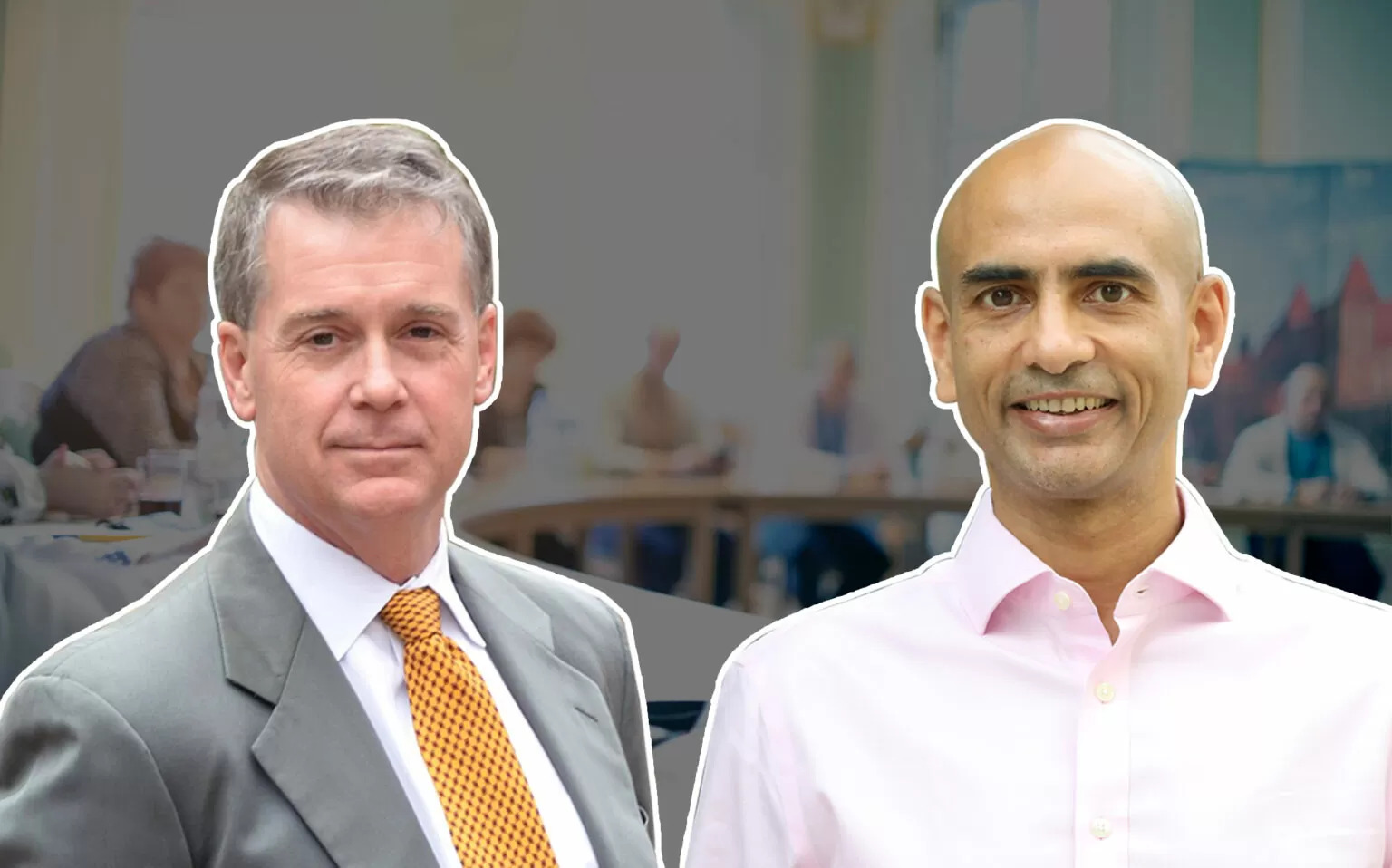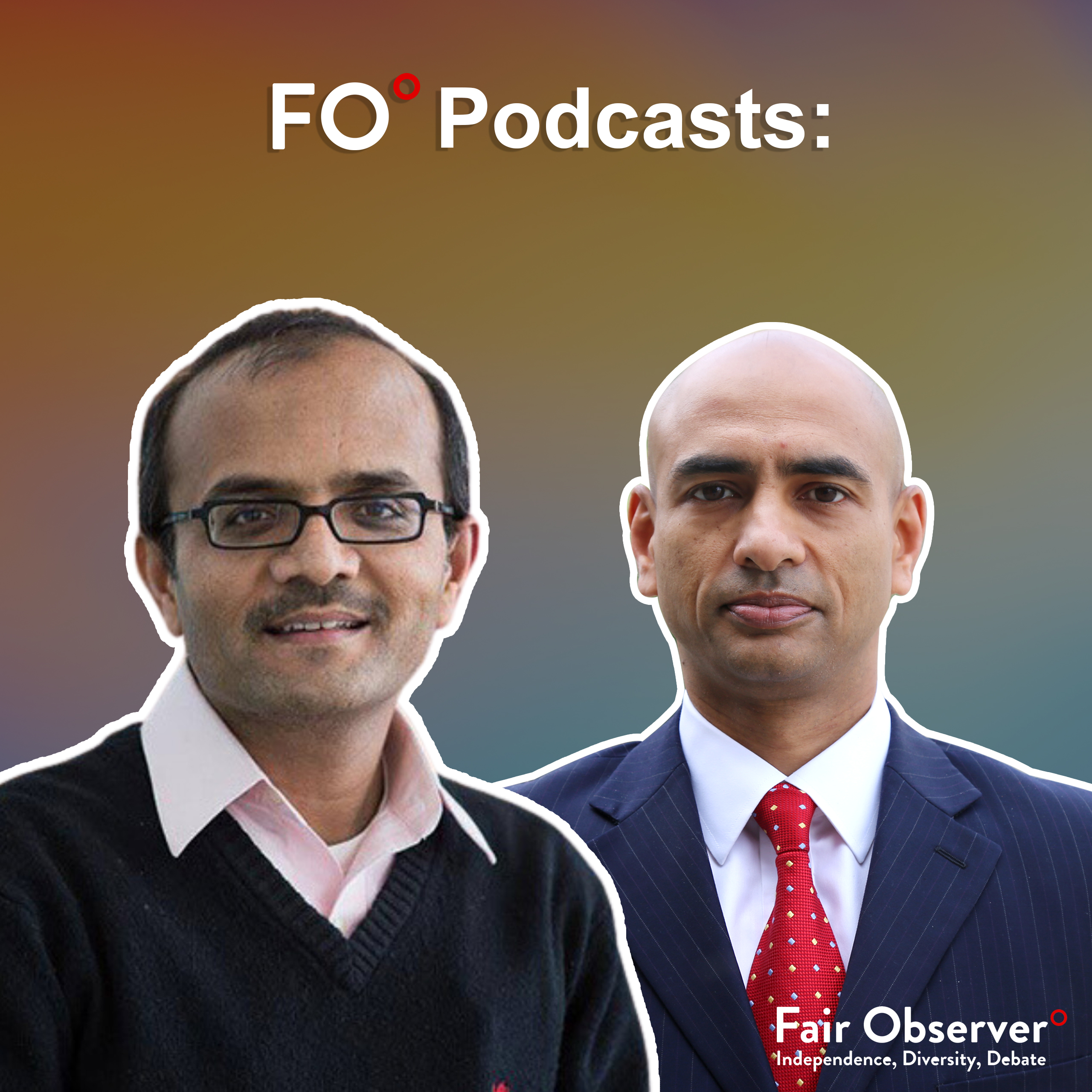Antoine van Agtmael is a legendary investor who came up with the term “emerging markets” and was the Chair of the Board of Trustees of the National Public Radio (NPR) Foundation. His distinguished track record as an investor and his rich professional career make him uniquely suited to read the tea leaves for the global economy and the future of clean tech.
With Fred Bakker, van Agtmael is the author of The Smartest Places on Earth: Why Rustbelts Are the Emerging Hotspots of Global Innovation. Earlier in his career, van Agtmael authored The Emerging Markets Century: How a New Breed of World-Class Companies Is Overtaking the World. Few understand the big trends shaping the world better than van Agtmael. Given his track record, his views on the future of our planet are immensely important.
European Inflation
The EU is bracing for another year of high inflation and slow growth. The ongoing Russian-Ukraine War has no end in sight. As a result, gas prices remain high because of this massive supply shock. European economies are struggling to find alternative sources of energy and, as yet, have been unable to tame inflation.
Interest rates have risen and so has debt. This makes Europe vulnerable because servicing debt is becoming more expensive and it is hard to foresee new drivers of growth in an aging continent. Despite such problems, van Agtmael is optimistic about Europe. He thinks Europe will become more self-reliant in energy. Losing cheap Russian gas will hurt Europe in the short term. However, Europe will make meaningful structural reforms to remain competitive with China and the US long-term.
More Immigration?
Europe has a demographic crisis. The continent’s labor force is aging. Europe’s dependent population is growing as it struggles to find young workers to replace them. Van Agtmael believes that more immigration will eventually supply the labor, including the skilled workforce, Europe needs. However, many voters resist the idea and have voted in populist leaders who ran on an anti-immigration platform.
Many argue that more immigration may not be the solution. If low-skill workers immigrate, they are unlikely to contribute to growth. They may also come from more traditional and conservative societies. Such workers may face cultural barriers and struggle to integrate. Host societies are also wary of losing their homogeneity and identity. Van Agtmael believes that Europe must emulate the US and accept more immigrants to replace aging workers. Eventually, they will gain the requisite education and skills. Not everyone can be let in of course. A sensible immigration policy is the way forward. If Europe can find the right balance, it will have a sustainable workforce in the future.
Slowing Chinese Growth
China’s economy has grown phenomenally over the last four decades. However, recent crises have been slowing it down. Under President Xi Jinping, the Chinese Communist Party (CCP) has turned increasingly authoritarian and ultranationalist. Xi enforced a disastrous zero-COVID policy on China and has been extremely aggressive against Taiwan.
Xi’s zero-COVID decimated the economy and angered citizens. He has quietly and suddenly withdrawn this failed policy. Xi’s ultranationalism has caused greater tensions with his neighbors and with the US. President Joe Biden has choked off supply of advanced semiconductor chips, technology and machinery to China.
Van Agtmael thinks China will overcome the challenges caused by American actions. Like Europe, China will have to adapt to painful short-term changes. However, its economy will adapt to the loss of advanced chips and evolve. A Chinese invasion of Taiwan could change things though van Agtmael thinks that is unlikely. He envisages three scenarios unfolding and thinks the most optimistic one is the most probable.
[ Matthew Knudson wrote the first draft of this podcast description.]
The views expressed in this article are the author’s own and do not necessarily reflect Fair Observer’s editorial policy.












